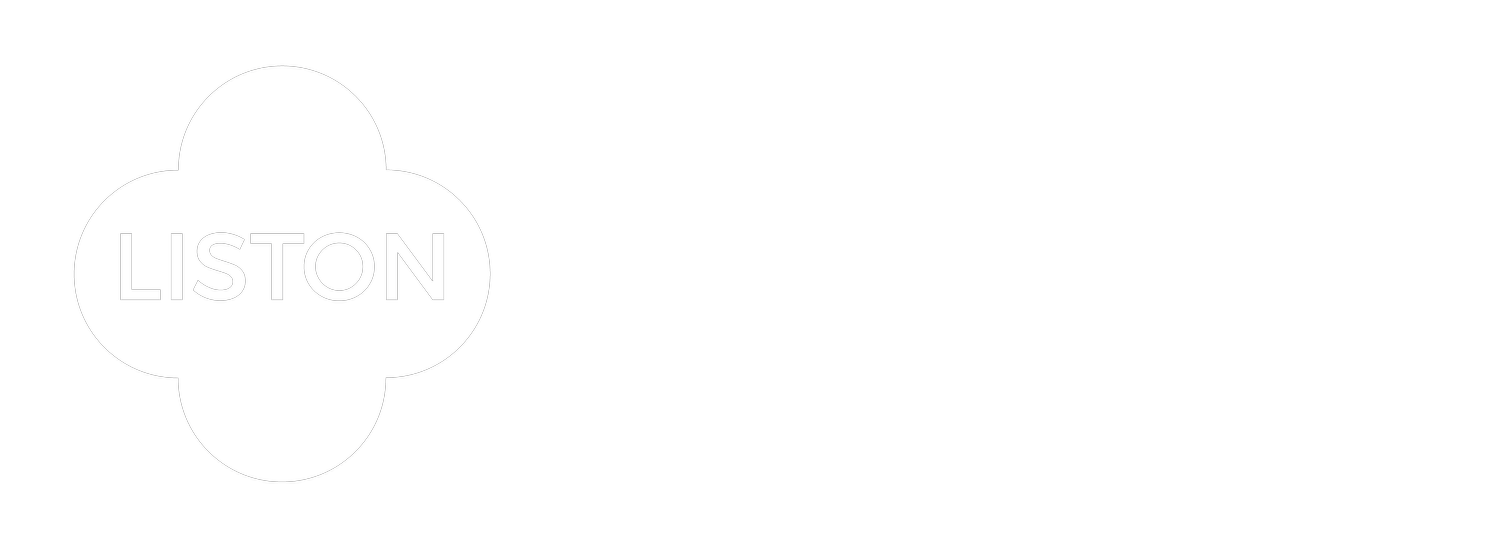Navigating School Refusal and Anxiety Post COVID: Insights from Educational Consultant Jodi Liston
We're currently seeing a concerning trend as educational and clinical consultants: an increase in school refusal, school avoidance, and school anxiety. While these challenges are something we’ve helped families navigate before, they have been greatly magnified since COVID.
Below is a closer look at why we’re seeing such a dramatic increase and what you can do to help your child.
If you would prefer the video version of this topic click here
The Impact of COVID-19 on School Refusal and Anxiety
As we all know, students’ lives were disrupted by the pandemic and these disruptions are having a lasting impact across all age groups. There are two areas in particular that relate to the increase in school refusal and school anxiety.
One: Academic environments changed without warning.
Two: Age-appropriate social-emotional development was interrupted.
Here are some of the ways this disruption impacted students, from preschoolers to college students:
Students experienced a sudden shift to remote learning, making the return to in-person school easier for some and highly distressing for others.
On the positive side, online learning was a welcome change for some students, such as introverts, individuals who struggle with sensory overload, and children who were feeling isolated or bullied at school. For these kids who thrived at home, where they could manage their environment and maintain a safer social space, going back to school became a huge adjustment and brought up new fears and challenges.
Other students, such as extroverts, students who thrive in community and those who need social and extracurricular engagement to manage their focus and energy, often found the isolation of being home overwhelming and difficult to manage. While it may appear that these students would have an easier time going back, returning to school brought on new challenges. These challenges include social fears of fitting back in with their previous social groups, learning how to work efficiently in the classroom again, get homework done on time, and how to manage without constant access to their phones.
All our students lost out on the social-emotional development that naturally takes place in school. In the normal course of school we learn how to learn, we learn how to be a friend, and we learn how to have relationships. With the sudden loss of in-person education, kids were deprived of the hidden lessons and skills that are practiced when navigating interactions with peers and teachers; the opportunities to make mistakes and learn resilience; the testing out of who one is, and the discovery of a core identity. These were all disrupted, often at critical times in their development.
When students returned to in-person learning they were challenged to figure out how to go to school again. They needed to adjust to being in a classroom learning from a teacher, manage live social interactions, mentally handle the shift away from being on screens and social media for so much of their time, and learn to be on a schedule again. Many students felt pressured by these challenges and longed to return to their comfortable bubble, where they were getting constant dopamine hits from social media, or learning from a cartoon instead of a real teacher. At the heart of much anxiety and school refusal is the fact that many students were much more comfortable at home and would rather stay there rather than go back to school.
Academically, many students found online learning difficult to impossible. This left gaps in foundational education that were often never addressed, so upon returning to school many students felt confused, inadequate, and lost. Students who were once at the top of the class might now be struggling to keep up with their peers. This can impact self-esteem, cause anxiety, and lead to a reluctance or refusal to go to school.
How do you find the right support and solutions?
The first thing you want to do when addressing school refusal and school anxiety is identify the underlying causes. For some students, gaps in foundational education due to online learning may contribute to feelings of inadequacy. Others may struggle with sensory overload or social challenges in the classroom environment. Start by figuring out the root cause of the anxiety.
Once you understand what’s going on, which may require outside or expert insight, such as from teachers, testing, or experienced consultants, you will have a clearer sense of where your child needs support.
Often there are multiple areas to be addressed, from academic to emotional. Perhaps, there’s an undiagnosed learning issue, perhaps there are foundational pieces of curriculum that were never learned, or social anxiety has escalated to a point that would most benefit from professional intervention.
Addressing these complex issues requires a collaborative approach involving educators, parents, and professionals. Our work as consultants often focuses on creating environments that promote learning and well-being through personalized support strategies such as classroom accommodations, coaching, tutoring, and advocacy for special education services.
At the Liston Education Group, we offer comprehensive clinical case management to assist families in navigating these challenges. By coordinating interventions and providing hands-on support, we empower families to implement effective, practical solutions and ensure positive outcomes for students.
Moving Forward with Confidence
While the challenges posed by COVID-19 are significant, there are opportunities for positive change. By understanding the unique needs of each student and implementing targeted interventions, we can create pathways to academic success and emotional well-being.
Navigating school refusal and anxiety requires a holistic approach that addresses both educational and emotional aspects. As an educational consulting firm, we are committed to working collaboratively with families to develop strategies that support students in reaching their full potential.

